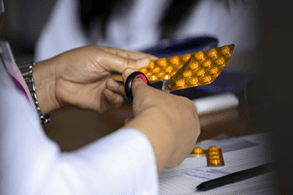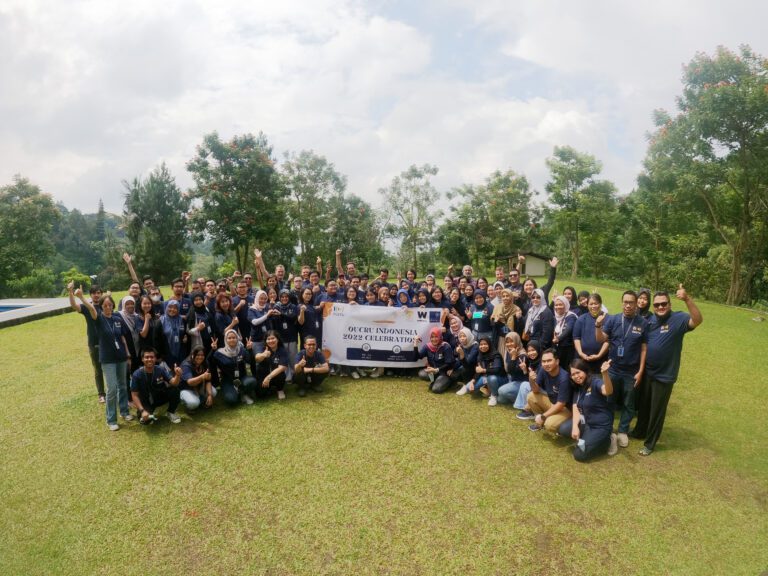19 November 2024 – A nationwide study led by Faculty of Medicine Universitas Indonesia (FMUI) and OUCRU Indonesia found that 9 out of 10 hospitals in a sample of 575 across 34 provinces of Indonesia had a formal Antimicrobial Stewardship Programme. But only half of those had reached a development level where they could run a robust, functional stewardship programme.
An Antimicrobial Stewardship Programme (ASP) is a hospital initiative to ensure antibiotics are used correctly and only when necessary, helping to prevent drug-resistant infections and keep antibiotics effective for future patients.
Significant barriers to implementing the programmes that were identified included limited access to microbiology services, insufficient resources and staff to perform stewardship activities, hierarchical hospital structures, and lack of collaboration between the different disciplines working in the hospital. The study found that these barriers were most pronounced in hospitals located in districts with the lowest Public Health Development Index and per capita domestic expenditure.
The NASPA Study aimed to assess the state of ASP implementation across Indonesia, identify the challenges healthcare providers face, and offer recommendations for strengthening these programmes in public and private hospitals. The study surveyed hospitals from across 34 provinces in Indonesia and conducted focus group discussions with a diverse subset of hospitals representing public and private hospitals, high to low tiered levels (A–D), and different geographic regions.

Gaps and Barries Identified
Robert Sinto, dr., the study’s first author, explained, “Many smaller and remote hospitals lack essential resources like funding, staff, microbiology labs, and IT support to support high-quality data collection.” He added that high workloads and frequent staff turnover further limited the time and energy healthcare workers can dedicate to ASP activities, making it difficult to maintain consistent programme efforts. Hierarchical structures further hinder collaboration, as “junior staff may hesitate to question senior doctors’ prescribing practices.” He also noted, “Some providers are reluctant to change prescribing habits, with many private specialists especially resistant to ASP guidelines.”
The study also highlighted that national ASP guidelines exist and progress has been made, “but stronger regulations are needed to make ASPs a priority, set minimum standards, and provide clear evaluation methods,” stressed Assoc. Prof. Raph Hamers, senior author of the paper and Head of Clinical Infectious Diseases Research Programme at OUCRU Indonesia.
Path Forward for Stronger ASP Implementation
Despite many challenges, the study also identified key enablers that could help strengthen ASP implementation across Indonesia’s hospitals. One of the most important factors is strong leadership support. “Hospitals with dedicated funding and management backing are far more successful at sustaining ASPs,” said dr. Sinto.
Another critical enabler is collaboration and training among healthcare workers. “Cross-disciplinary teamwork between pharmacists, clinicians, and infection control staff was shown to improve adherence to ASP protocols and antibiotic use,” explained Prof. Anis Karuniawati, a co-author of the paper and an expert in clinical microbiology at FMUI.
These enablers offer valuable guidance for policymakers, highlighting the need for clear national standards, better funding support, and training to help hospitals overcome existing barriers.
The NASPA study was a collaboration with Faculty of Medicine Universitas Indonesia, Cipto Mangunkusumo Hospital, Monash University Indonesia, Directorate of Health Services Quality of Indonesian MoH, Mahidol Oxford Tropical Medicine Research Unit, and Mahidol University. Funding was provided by Wellcome [106680/Z/14/Z].







